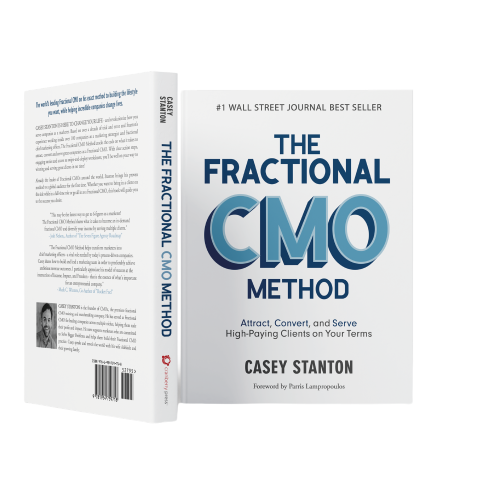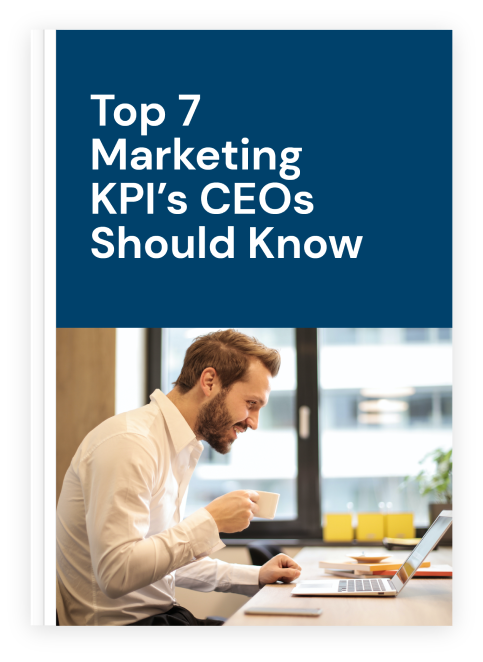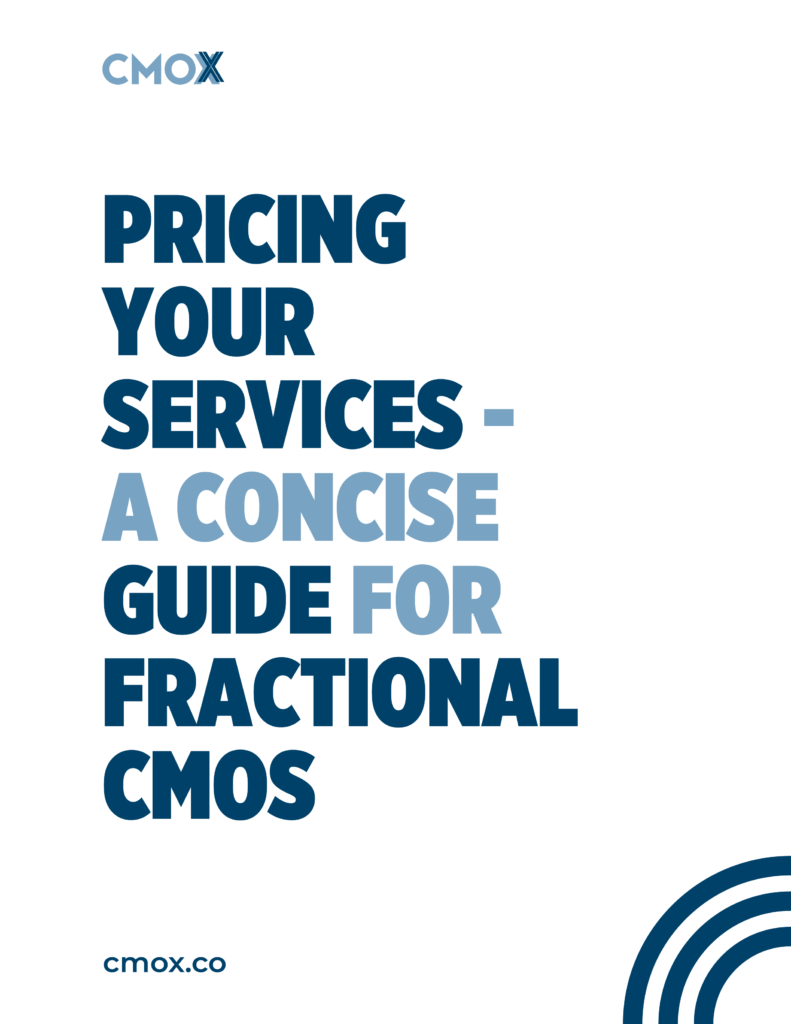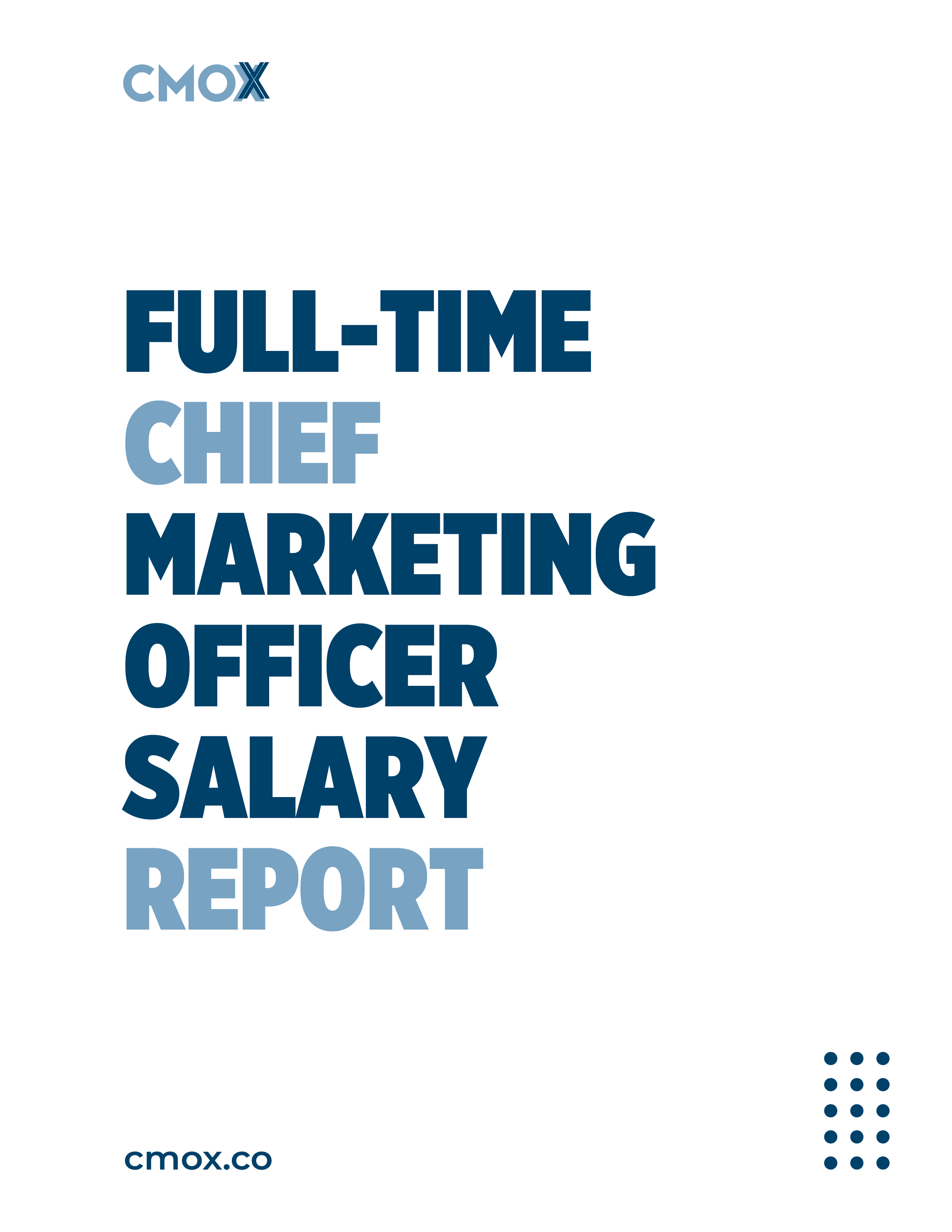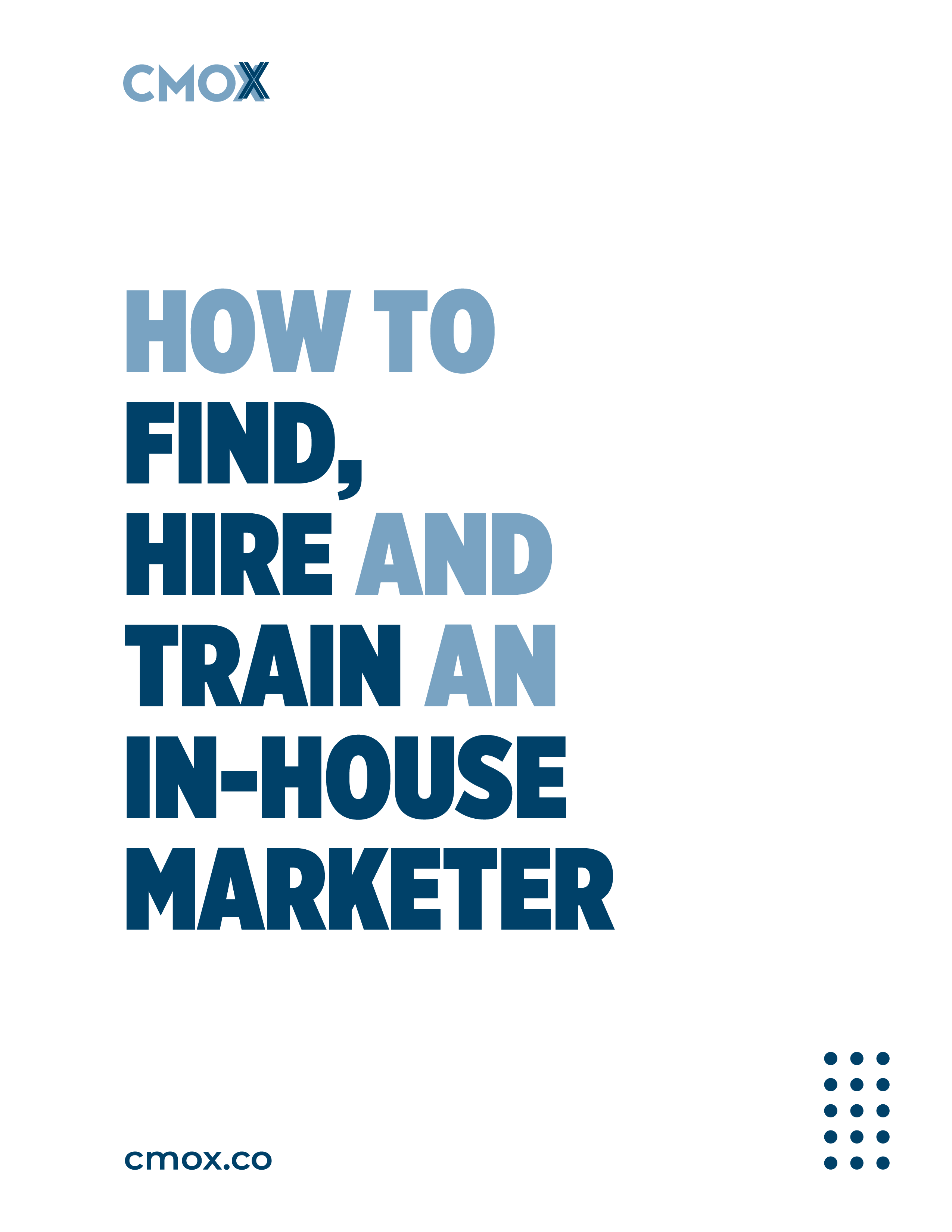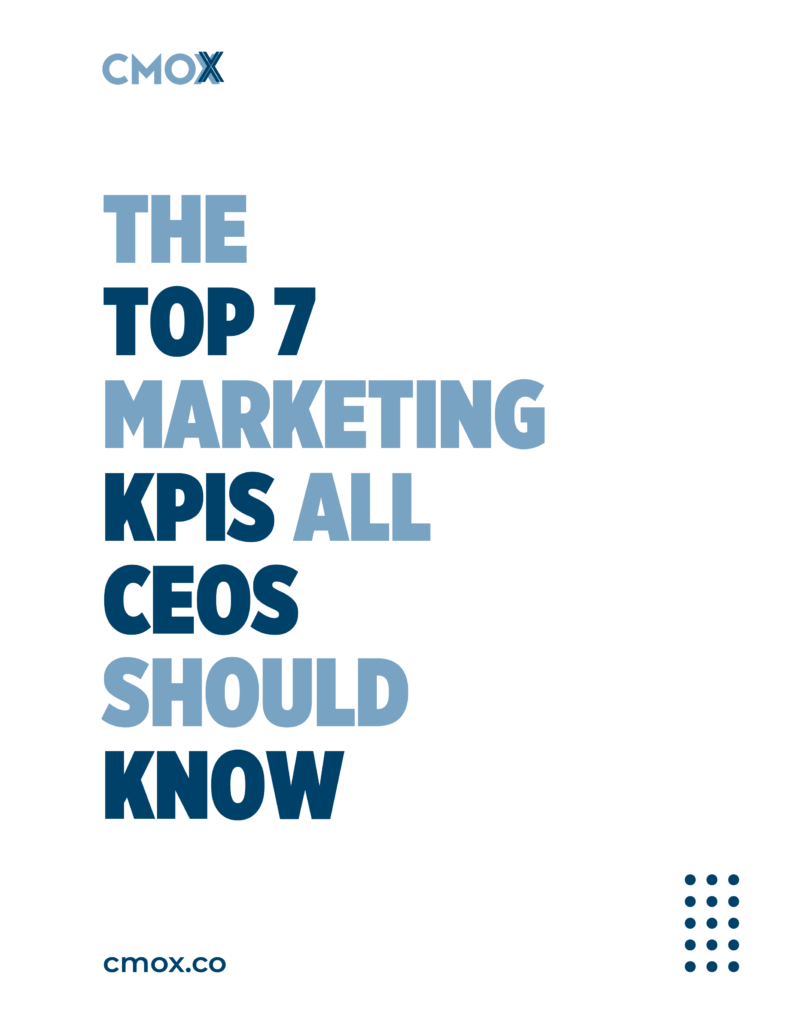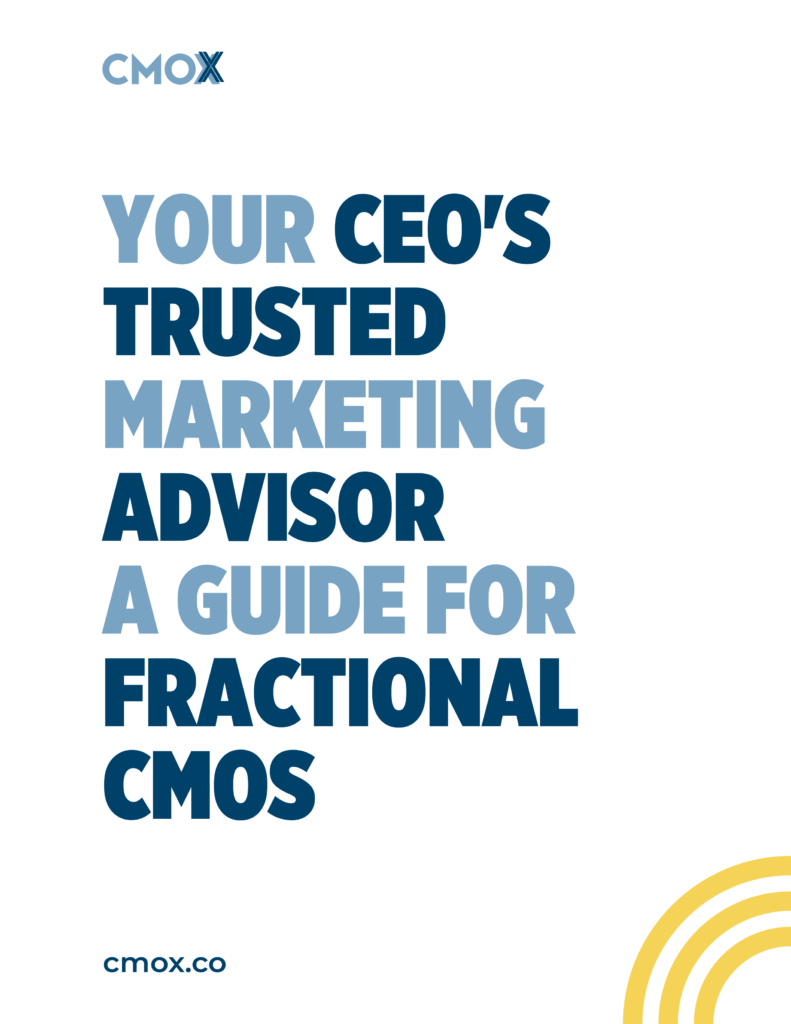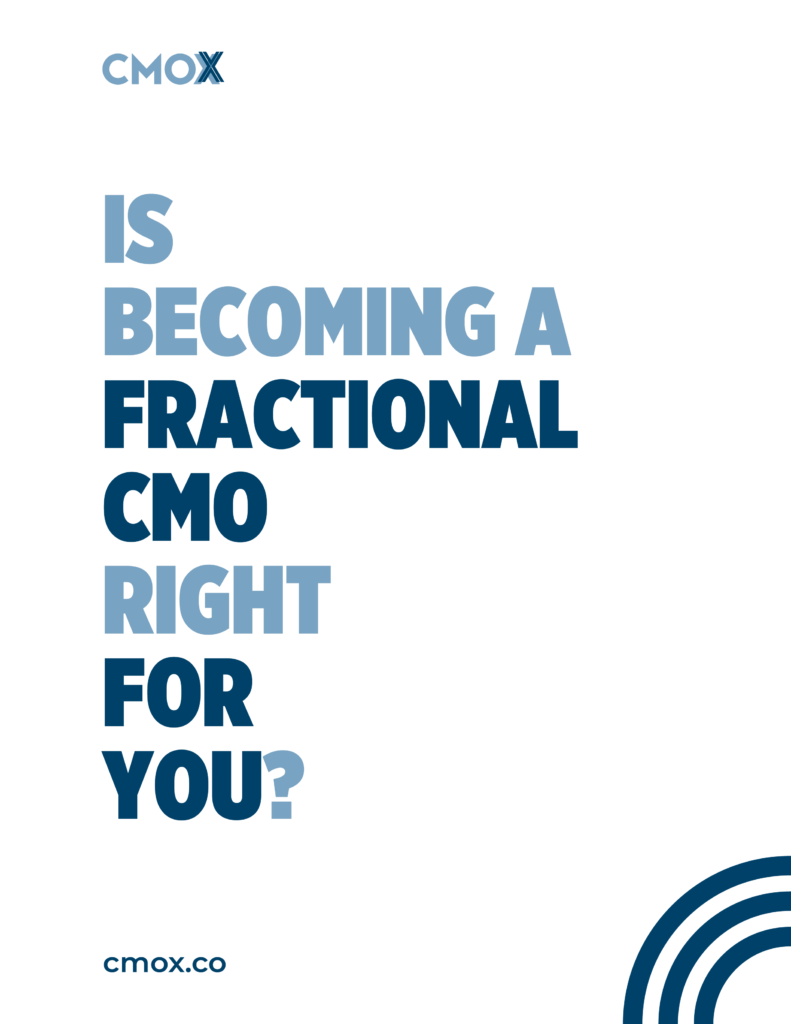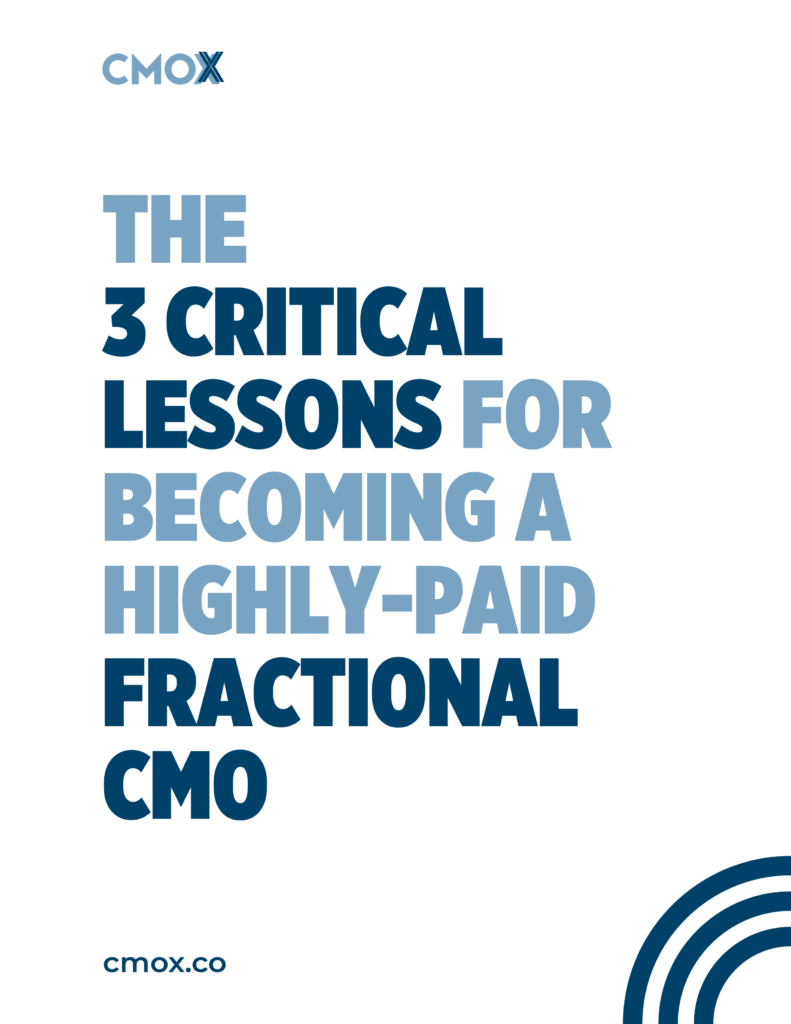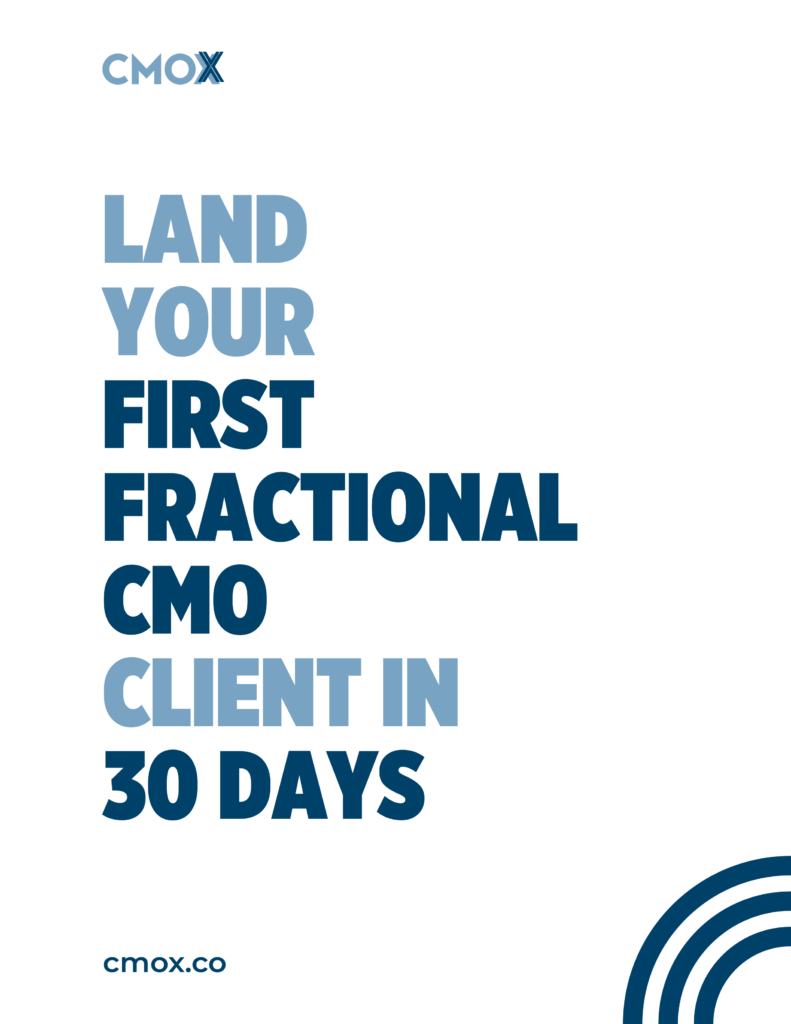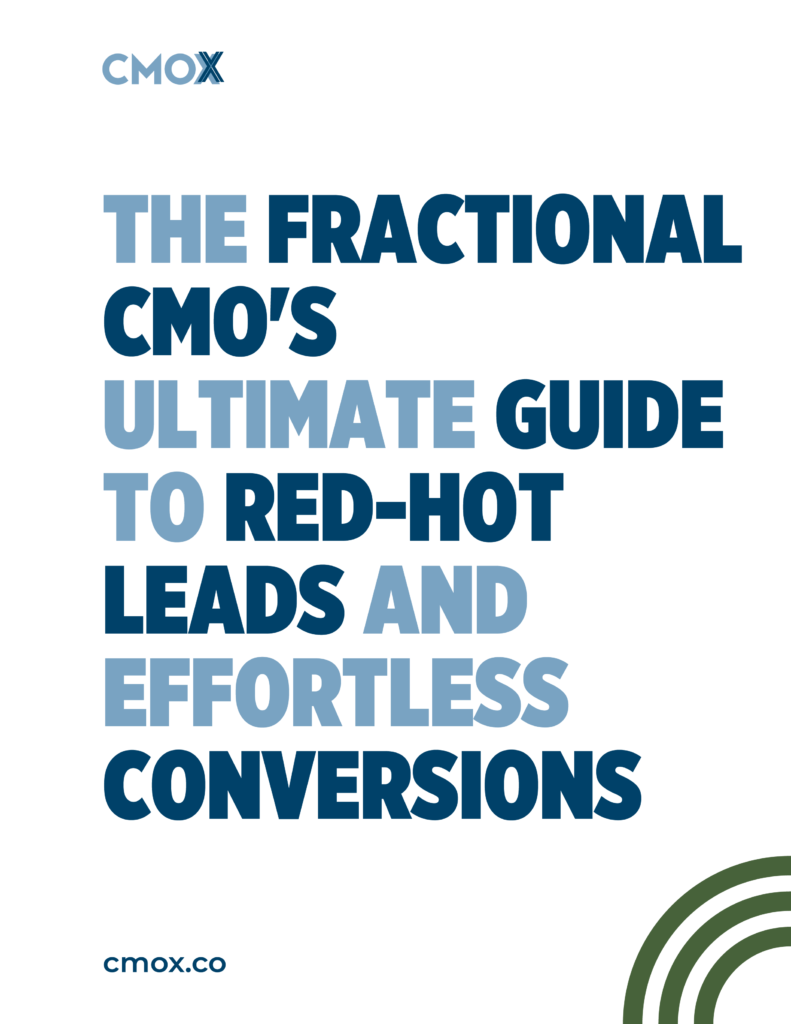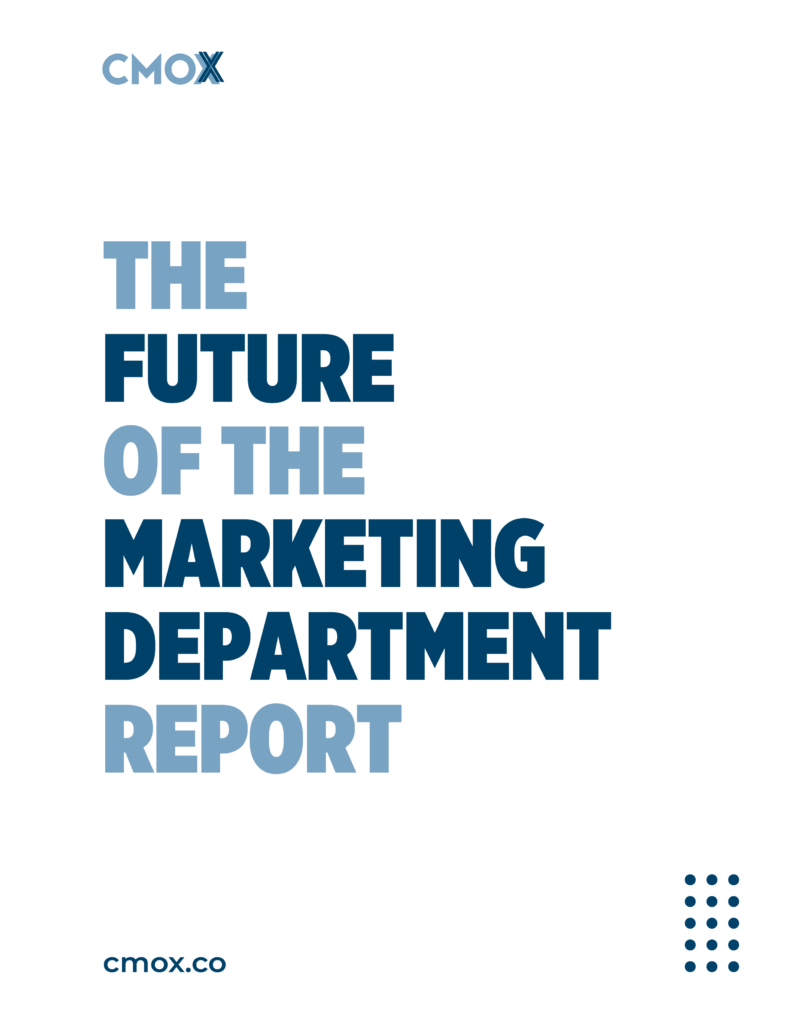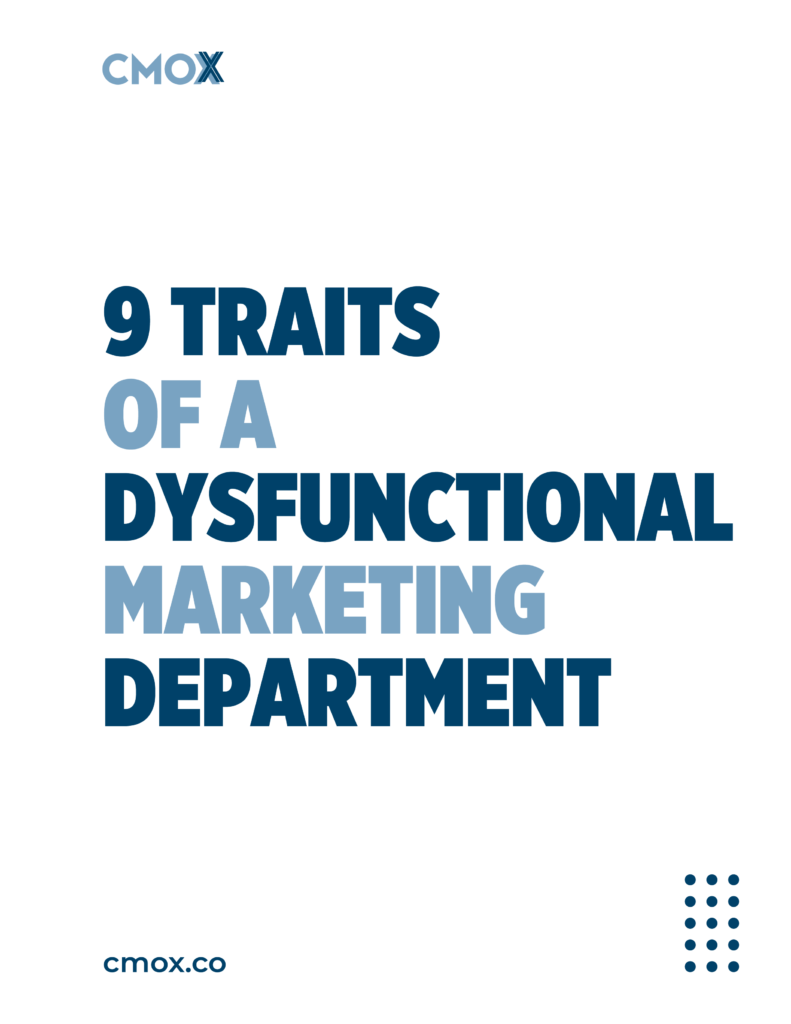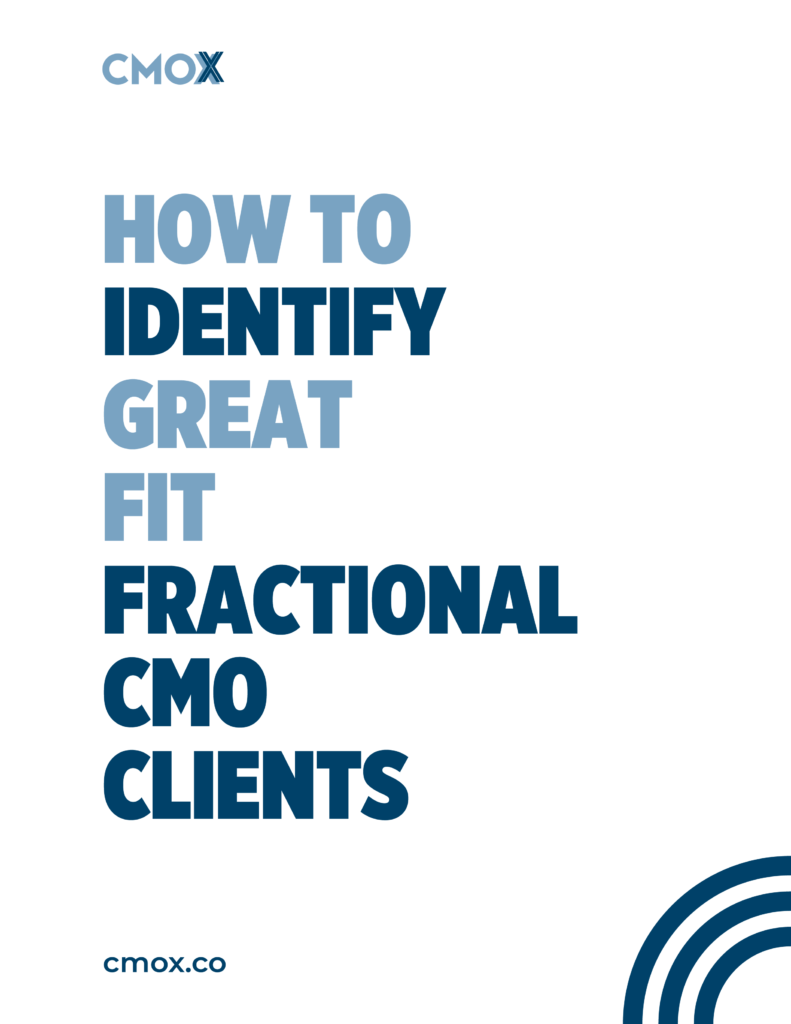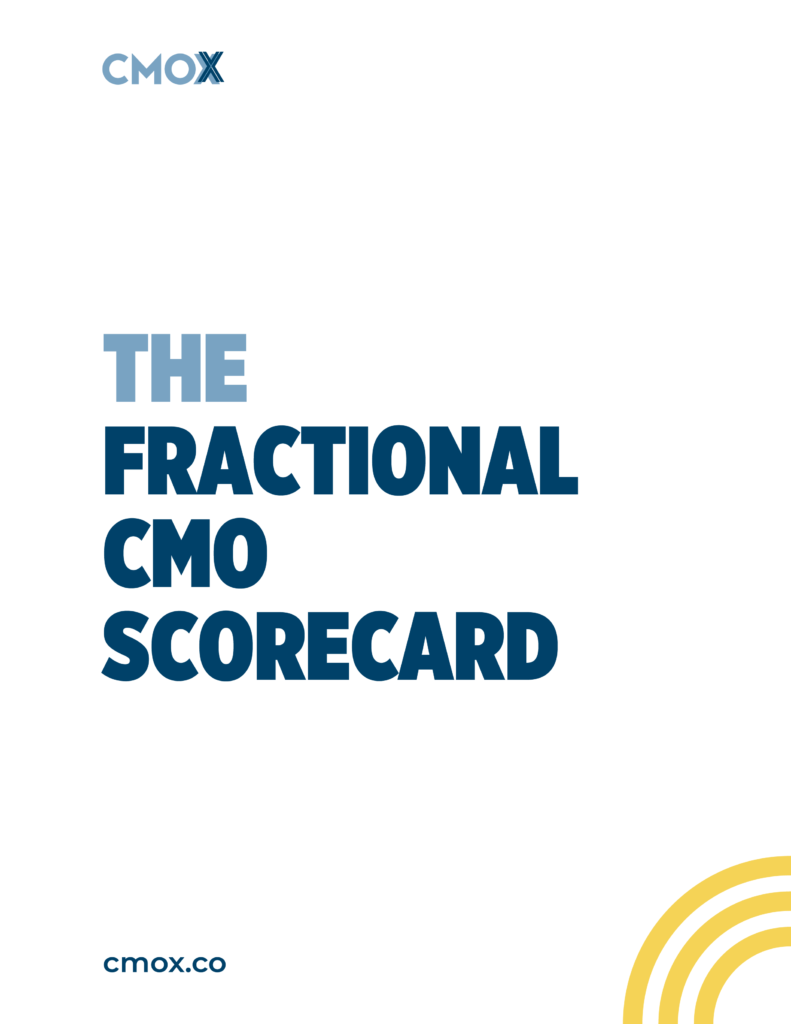Becoming a marketing consultant requires specific skills and experience. At a minimum, marketers need a specific education and qualifications to become a consultant at an entry level. From there, it can be challenging to know how to position yourself to get the best marketing experience and skills needed to successfully market yourself to potential clients. Knowing how to become a marketing consultant means understanding your clients’ niches and the challenges they face.
Every business needs a marketing strategy to grow and succeed. If potential customers or clients don’t know a business exists, they won’t be able to use its services, and the company won’t be able to turn a profit. Marketing helps businesses stand out from the crowd so potential customers can find them and the company can grow. Being an effective consultant means implementing a company’s marketing efforts to achieve that growth.
Marketing consultants are sought-after because they can teach clients the ropes of marketing strategies without breaking the bank. These short-term relationships also mean most marketing consultants stand to earn more per hour than their in-house counterparts while also controlling their own schedule and even how much they want to work.
This article covers a step-by-step guide on becoming a marketing consultant including obtaining the education, experience, and qualifications necessary to succeed.
If you’re ready to make the first step to becoming a marketing consultant, the CMOx Accelerator can get you started.
Key Takeaways
- Certifications, a diverse work experience, and developing marketing skills are integral to becoming a marketing consultant.
- Analytical, communication, and leadership skills are also crucial for consultants.
- The average annual salary for marketing consultants in the U.S. is approximately $60,000.
Steps to Becoming a Marketing Consultant
There is no fast track to becoming a successful marketing consultant. Everyone has to start at the beginning and attain the qualifications and experience to make them an effective marketer. However, focus, determination, and a clear understanding of how to move forward can prevent you from getting off-track and unnecessarily prolonging your journey.
1. Get a Marketing Qualification or Certification
Real, in-depth, and creating custom marketing strategies aren’t something you can learn on your own and businesses bring you on for marketing advice based on your experience and expertise. To become a qualified marketing consultant, it’s best to seek formalized education or online courses and certifications. This strategy ensures you learn about the standard techniques and processes for marketing while also being exposed to the latest industry innovations and what to look for in the future.
Formal Education in a Marketing or Business Degree
Many marketers don’t have a marketing or business degree, but obtaining one may help establish the foundations needed for becoming a consultant or even starting your own consultancy later in your career. Aside from that, the relationships you form with classmates and professors may provide you with easy networking opportunities for the future. You can certainly earn a bachelor’s degree in marketing, but a business or communications degree will also give you many of the skills needed to obtain work experience and begin building your career.
Online Marketing Courses
Online courses are an excellent option if you already have a bachelor’s degree outside of marketing or want to finish your degree while working. Marketers with a degree may only need supplemental courses, while those without a degree will need to complete one. Many accredited universities offer self-led online courses that allow you to complete the coursework in your free time.
Online courses are also available for many masters of marketing programs. Earning your master’s isn’t essential to success as a marketing professional, but it will increase your knowledge and help you get better work experience.
2. Get Work Experience as a Marketer
No matter how advanced or intense your education is, there is no substitute for work experience. There are nuances to working with colleagues and clients you simply can’t learn in a classroom. However, internships and university work programs can help you get valuable experience before you graduate.
After attaining your marketing degree, you’ll qualify as a general marketer, social media strategy, or digital marketing coordinator. Each position allows you to focus on one aspect of marketing while observing the others as you work across teams.
3. Continue Building Marketing Skills
Marketing is an ever-evolving field, so it’s essential to stay ahead of industry trends to ensure your services remain competitive. Become familiar with reliable organizations that publish marketing news and—if necessary—look for accredited coursework or certifications that could give you an edge.
If you specialize in a specific industry, stay informed about fluctuations in that industry. For instance, if you primarily market for IT services, it would benefit you to know about new and emerging technologies and how consumers might use them.
3.1. Obtain Certifications
Certifications are an excellent way to broaden your knowledge and make you stand out. What you get certified in depends on the gaps in your expertise and your industry’s requirements. However, there are hundreds of certifications to choose from being offered by accredited institutions.
A few of these institutions include:
- The Insights Association
- The Foundation for Marketing Excellence in Entrepreneurs
- The Business Marketing Institute
- The American Banker’s Association
- The Association of International Product Marketing and Management
Each of these entities offers a variety of certifications. You can take individual courses or mix and match them to create customized coursework based on your goals.
4. Specialize
Specializing can make you more attractive to clients seeking your particular marketing expertise, but it can limit your potential client base. Before you specialize, look at the specialties you’re considering to ensure they’re viable and predicted to grow. For instance, you may not want to specialize in big-box department stores, but green energy is growing, so it may be worth examining.
You can also specialize based on the specific services you provide. You might specialize in services like market research and analysis, lead generation, marketing automation software, social media, or product vs services marketing campaigns.
5. Decide Between a Marketing Firm or Independency
There are pros and cons to working with a firm or becoming an independent marketing consultant. Working for a consulting business provides stability, support from management and colleagues, and access to resources you may not otherwise know about. However, you’ll likely have to follow the firm’s guidelines for providing services, have a set schedule, and other restrictions that come with working on a team.
Independent marketing consultants work by their own hours and rates, develop a personalized working style, and handpick their clients. On the downside, you have little to no support and need to manage your own overhead costs.
Other Elements to Consider When Becoming a Marketing Consultant
Becoming a digital marketing consultant comes with a lot of rewards and a lot of responsibilities. The best marketing consultants aren’t just marketing experts—they’re also incredibly organized, fantastic at time management, have well-developed interpersonal and communication skills, and have lots of energy.
Whether you work for a marketing consultancy firm or strike out on your own, there are a few things to consider before you begin.
Network with Other Marketers & Business Owners
Other marketing professionals are perhaps your best resource when it comes to success. Building a rapport with other marketers not only gives you access to their industry knowledge, but you may also be able to exchange business with them. For example, if you specialize in restaurants and a fellow marketer advertises for hotels, there’s a lot of overlap in those industries, giving each of you the ability to advocate for the other.
Getting to know local business owners is also crucial, as word of mouth is still king when it comes to building a good reputation. Additionally, you may be able to exchange favors among business owners to benefit their companies while strengthening your connections in your territory.
General Skills a Marketing Consultant Needs
Successful marketing consultants must learn a variety of hard and soft skills. Leadership skills are a given, but you should also focus on honing things like data analysis, creative thinking, and narrative-building. A handful of other skills every marketing consultant should have include:
- Market analysis
- Strategy-building
- Ability to foster teamwork
- Effective communication
- Curiosity for continuous learning
- Humility in leadership
- Perseverance
- Fostering productivity
- Copywriting and content management
- Marketing across platforms
- Product vs services marketing
- Marketing automation software
Average Marketing Consultant Salaries
Per Indeed Salaries, the national average salary for a marketing consultant in the United States is $60,394 annually. However, this number varies depending on where you do business, your clients’ industries, and your hourly or per-project rate. You may also earn more or less if you work for a consulting firm, depending on their policies around bonuses and other financial incentives for a job well done.
Your salary is mainly based on your rates if you’re an independent marketing consultant. To set an hourly rate, start by considering what you want to earn per year and divide that by the number of days per year you plan to work. For instance, 260 days per year accounts for weekends, holidays, and two weeks of vacation. Then, simply add your daily overhead costs to your daily rate and divide that by the number of hours you plan to work per day.
Here’s the formula:
- Annual salary / days worked = daily salary
- (Daily salary + overhead costs) / daily hours worked = hourly rate
If you want to make, say, $150,000 per year and your daily overhead costs are $60, the formula would look like this:
- $150,000 / 260 = $576.92
- ($576.92 + $60) / 8 hours = $79.62 per hour
Additionally, simply rounding up this number to $80 would net you an additional $16,000+ per year and make it easier for your clients to calculate project costs.
Consider Becoming a Fractional CMO
Fractional CMOs are marketing consultants with focused leadership skills and a more long-term solution. Essentially, becoming a fractional CMO might take slightly longer, but typically pays more than settling as a web marketing consultant. If you’re a marketing consultant—or aspiring to be one—CMOx’s Fractional CMO training may be the boost you need to maximize your earning potential and focus your career.
Becoming a fractional CMO may be a more appealing career decision as the more long-term projects or assignments means less time finding new clients.
Our comprehensive educational modules give you the information and framework you need to become a sought-after fCMO in your area. To see if our training is right for you, check out the CMOx Accelerator.


